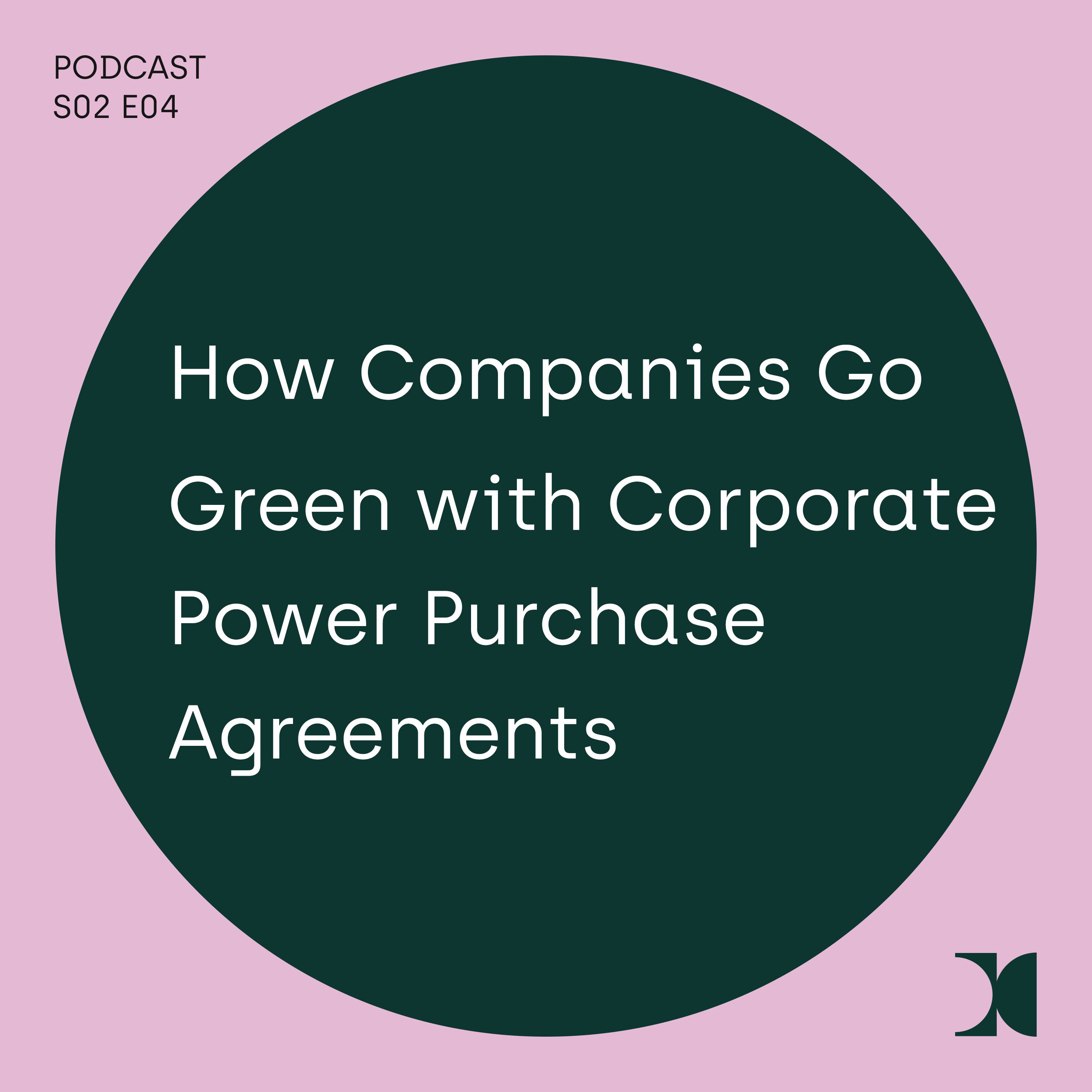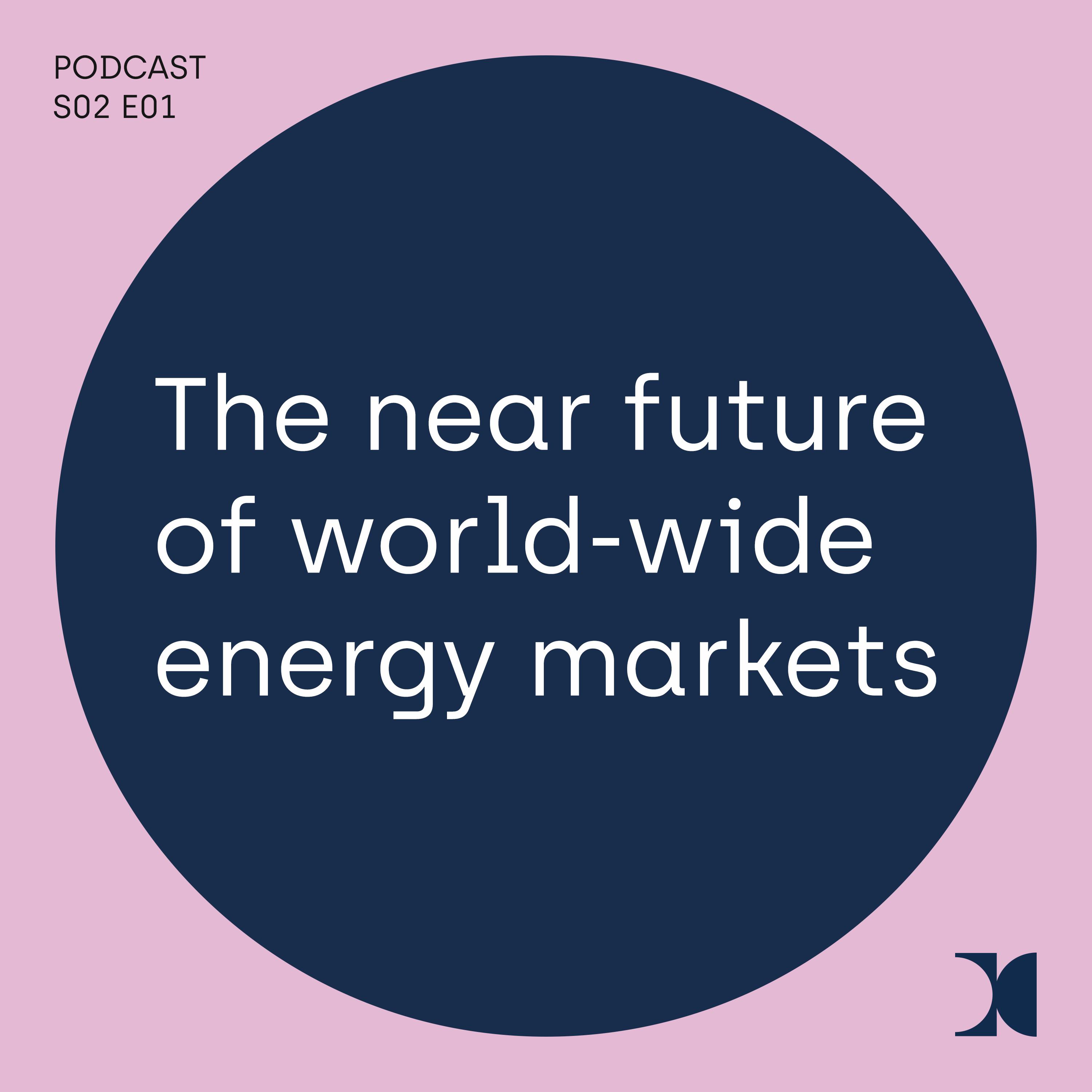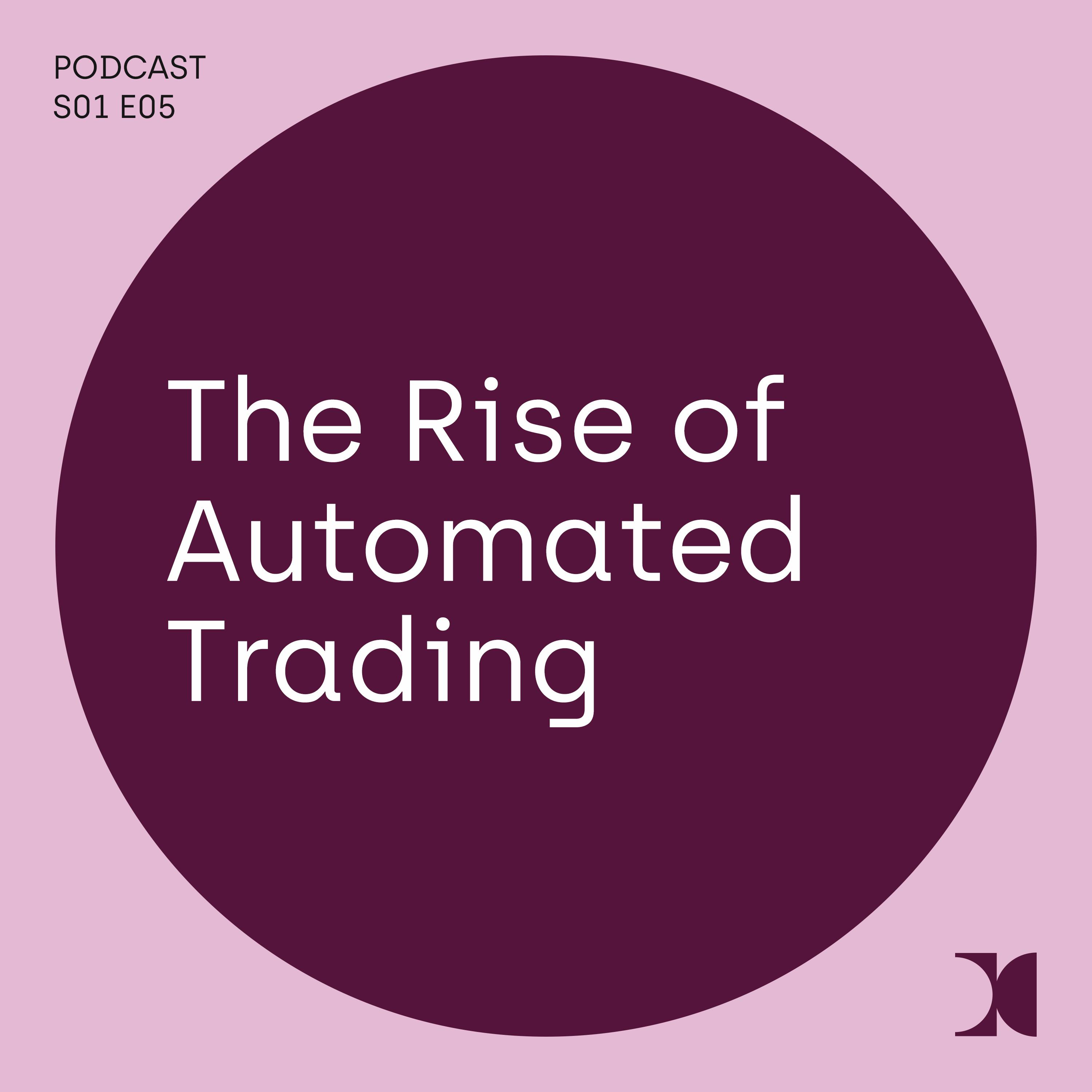Energy trading FAQ
About energy markets
What are the energy markets?
In wholesale energy markets, large amounts of energy, like power and gas, are bought and sold. Markets allow energy producers, suppliers and traders to buy and sell energy in bulk down to a few minutes before the actual, physical energy is consumed. Prices are determined by supply and demand, ensuring efficient distribution and stable supply across different regions. The markets help balance energy needs and availability. Major energy exchanges include Nord Pool for Northern Europe, EPEX SPOT for Central Western Europe, and the Iberian Market (MIBEL) for Spain and Portugal.
Why were the energy markets liberalised?
Energy markets in Europe were liberalised in the 1990s to improve efficiency and lower prices. Up until the 1990s, many countries had state-controlled energy monopolies, which often led to inefficiencies, high costs and lack of innovation. By introducing competition through liberalisation, multiple market participants could enter the wholesale markets, bringing down prices, promoting investments in new technologies and improving market efficiency.
Who are the market participants in European wholesale power markets?
Producers: power producing units like wind turbines, solar panels, nuclear power plants or coal-fired power plants.
Transmission System Operators (TSOs): entities that maintain and operate national high-voltage power grids, making sure that the grid operates smoothly and reliably.
Distribution System Operators (DSOs): entities that maintain and operate low-voltage grids that distribute power from the transmission network to homes and businesses.
Exchanges: the exchanges facilitate the trading of power between producers, traders and large-scale industrial consumers.
Utilities: utilities buy electricity from the wholesale market and sell it to end consumers, including households and businesses.
Trading companies: trading companies buy and sell power on the exchanges and move power physically from where there is a surplus to where it is needed most. That way, they bring liquidity and balance to the wholesale markets.
Large industrial consumers: industrial companies often buy electricity directly from the wholesale market to manage their energy costs and ensure a stable supply.
Regulators: regulators oversee the market to ensure it operates fairly and efficiently. They set rules and guidelines for all market participants. The European energy markets are monitored and regulated by The Agency for the Cooperation of Energy Regulators (ACER).
What determines the price of gas and power?
The price of gas and power in wholesale energy markets is determined by supply and demand. When demand is high and supply is low, prices go up. And when supply is high and demand is low, prices drop. Factors influencing prices include weather conditions, availability of resources, and geopolitical events. Production costs, transportation and gas storage levels also play a role. All these elements together set the market price for gas and power.
About energy trading
What is energy trading?
Energy trading is the buying and selling of energy in wholesale markets. Traders buy energy commodities like power in areas where there is a surplus – and prices therefore are low – and sell it in areas where there is too little energy – and prices therefore are higher. They also buy the right to physically move the energy in the grid from where the energy is bought to where it is sold. In that way, trading helps ensure a stable and efficient distribution of energy, balancing supply and demand. This supports a reliable delivery of energy across geographical borders.
What is a concrete example of how energy trading works?
Imagine a windy day in Denmark. Because of the large amount of wind turbines installed in Denmark, the country produces more power on a windy day than the Danish population and industries can consume. Instead of shutting down some of the wind turbines – and thereby missing out on production of green energy – the surplus energy can be transported via the European power grids and sold in high-consumption areas like southern Germany, where heavy industries require more power than what is produced locally.
Why has Denmark become a hub for energy trading?
Denmark has become a hub for energy trading mainly due to its early focus on short-term power markets like day-ahead and intraday trading. Companies like Danske Commodities pioneered these markets by developing a competitive edge within sophisticated modelling of fundamental drivers like the weather and by building scalable platforms for algorithmic trading and trade processing. This early start and specialised knowledge, alongside an influx of renewable energy, helped Danish energy trading companies establish a strong presence across Europe.
What role does energy trading play in security of energy supply?
Energy trading plays a crucial role in ensuring the security of energy supply by balancing supply and demand. Traders buy and sell energy across regions, ensuring that areas with shortages can receive additional supplies from areas with an energy surplus. This flexibility helps prevent outages and maintain a steady flow of energy. Additionally, energy trading fosters a diverse mix of energy sources, reducing reliance on any single energy source. By efficiently managing resources, trading of energy helps ensure a stable and reliable energy supply.
The societal impact of energy trading
How do the energy markets ensure that green energy is always used first?
This is due to the so-called merit order curve, which is a way to rank power production units based on their production costs – from cheapest to most expensive. When determining the price of power, the system first uses energy from the least costly sources, which is renewable energy sources like wind or solar. As demand increases, it gradually includes more expensive sources, like natural gas or coal. The price of power at any given time is set by the cost of the most expensive production unit needed to meet the current demand. This ensures that green energy and cheaper, more efficient units are used first, helping to keep overall power prices lower, while promoting the green transition.
What role do energy trading companies play in the green transition?
Energy trading companies play a crucial role in the green transition by facilitating the integration of intermittent energy production sources like wind and solar into the energy system. They buy and sell renewable energy, helping to balance supply and demand and ensure a stable energy supply even when production from renewable sources fluctuate. Their trading activities help commercialise the renewable energy, making it more competitive with traditional fossil fuels and accelerating the shift to a more sustainable energy system.
How do energy trading companies collaborate with renewable energy producers?
Energy trading companies collaborate with renewable energy producers by entering into agreements under which they bring the power produced from wind farms, solar panels and other renewable sources to the market. This helps producers secure a stable income. Trading companies also provide market insights, balancing and risk management services, helping renewables producers optimise their production. By connecting renewable energy sources to wholesale markets, they help ensure that the energy is produced and consumed, supporting the financial viability of renewable energy projects.
What are the societal benefits of energy trading?
Energy trading contributes to fair energy prices by fostering competition among suppliers. European energy regulator ACER estimates in its review of the wholesale energy market design that cross-border trading delivers double-digit billion EUR benefits annually for the power consumers in the EU. Trading also improves energy reliability and security by balancing supply and demand, reducing the risk of shortages. Lastly, trading supports the integration of renewable energy in the markets, promoting energy sources like wind and solar. It paves the way for innovation and investment in new technologies, leading to more efficient and advanced energy solutions. Overall, energy trading contributes to a more efficient, resilient and greener energy system.
Eager to learn more?
In our Behind the Screens podcast, our in-house experts invite you onto the trading floor for an inside look into the world of energy trading.
Find more podcasts hereGet in touch













